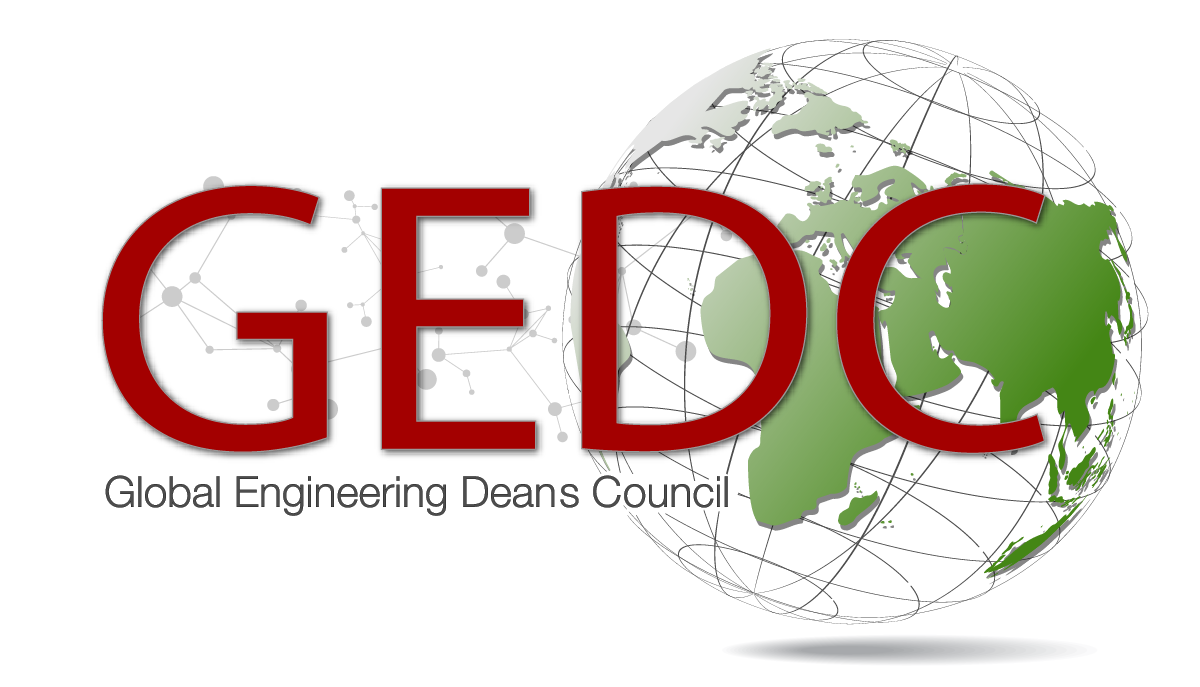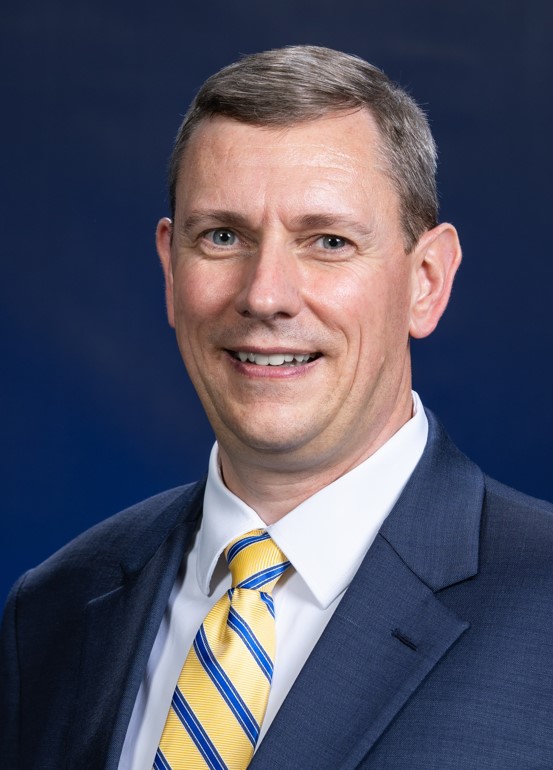Dr. Jim Gregory is Dean of the College of Engineering at Embry-Riddle Aeronautical University Daytona Beach campus, which is home of the largest Aerospace Engineering program in the US. He received his doctorate and masters degrees in Aeronautics and Astronautics from Purdue University in 2005 and 2002, respectively, and his Bachelor of Aerospace Engineering from Georgia Tech in 1999, graduating with highest honors. Dr. Gregory is a Fellow of AIAA and the Royal Aeronautical Society.
Dr. Gregory took on leadership of the ERAU College of Engineering in August 2021. The College has over 100 faculty and 30 staff, with an annual budget of $21.6M, serving over 3300 undergraduate and graduate students. With five departments (including a top-10 ranked Aerospace Engineering program), the College offers 18 bachelor’s, master’s, and doctoral degree programs. The College of Engineering has a rich tradition of excellence in engineering education, with a vast array of well-equipped laboratories that facilitate hands-on learning. The COE is also growing in research expertise, with the John Mica Engineering and Aerospace Innovation Complex serving as home to many of the College’s research laboratories, including a large subsonic wind tunnel, the Eagle Flight Research Center, and incubator space for industry-academic collaborations.
Prior to joining Embry-Riddle, Dr. Gregory was a faculty member at The Ohio State University (2008-2021), most recently serving as Chair of OSU’s Department of Mechanical and Aerospace Engineering. He provided oversight for academic programs in Mechanical, Aerospace, and Nuclear engineering, with nearly 80 faculty and 30 staff educating and serving about 1600 undergraduate and 300 graduate students. Dr. Gregory was responsible for oversight of a $16M operational budget and facilities in the 230,000-square foot Scott Laboratory, with annual research expenditures of about $26M.
Dr. Gregory served as Director of the Aerospace Research Center from 2017-2020, where he expanded interdisciplinary collaborations to include colleagues from aerospace engineering, industrial engineering, electrical engineering, mechanical engineering, and medicine. Under his leadership the Center’s research expenditures grew from $2.8M to $7.7M over a 3-year period. He also expanded engagement to include over 15 faculty, approximately 50 students, 6 research staff, and 7 support staff.
Dr. Gregory’s research expertise includes fundamental work in unsteady aerodynamics and fast-response pressure-sensitive paint, and systems studies of unmanned aircraft systems and urban air mobility flight vehicles. He has secured over $20M in research grants and contracts over his career, having published over 60 archival journal papers and over 100 conference papers. His research has resulted in the Thomas Hawksley Gold Medal, the Alfred Gessow Award, and official world records for speed and distance for an autonomous drone in August 2017 (sanctioned by NAA and FAI, and reported on in Aviation Week magazine).
As an educator, Dr. Gregory continually innovated in his pedagogy and practiced student-focused teaching. He was an early innovator in flipping the classroom, making professional quality video recordings of an Introduction to Aerospace Engineering course. His course redesign led to a full letter grade improvement in the class average. He has also produced a video lecture series on the Science of Flight, in collaboration with the Great Courses and the Smithsonian Institution’s Air & Space Museum. This video course, with 24 half-hour lectures, has sold over 14,000 copies with an additional 25,000 hours of online streaming since June 2017. His teaching innovations led to the NAA Frank G. Brewer Trophy, the OSU College of Engineering’s McCarthy Engineering Teaching Award, the OSU Department of Aerospace Engineering Outstanding Professor Award, and the SAE Ralph R. Teetor Educational Award.
Dr. Gregory’s work experience includes stints at the US Air Force Research Laboratory Air Vehicles Directorate, Delta Air Lines, NASA Glenn Research Center, Tohoku University in Japan, and as a Fulbright Scholar at the Technion in Israel. He has also served as a policy fellow at the National Academy of Engineering through the Christine Mirzayan Science & Technology Policy Fellowship. He also completed a postdoctoral fellowship at the U.S. Air Force Academy, funded through the National Research Council Research Associateship Program. He is an instrument rated commercial pilot, with over 400 flight hours in single-engine aircraft, and is one of the first holders of a remote pilot certificate under part 107.

